The gift
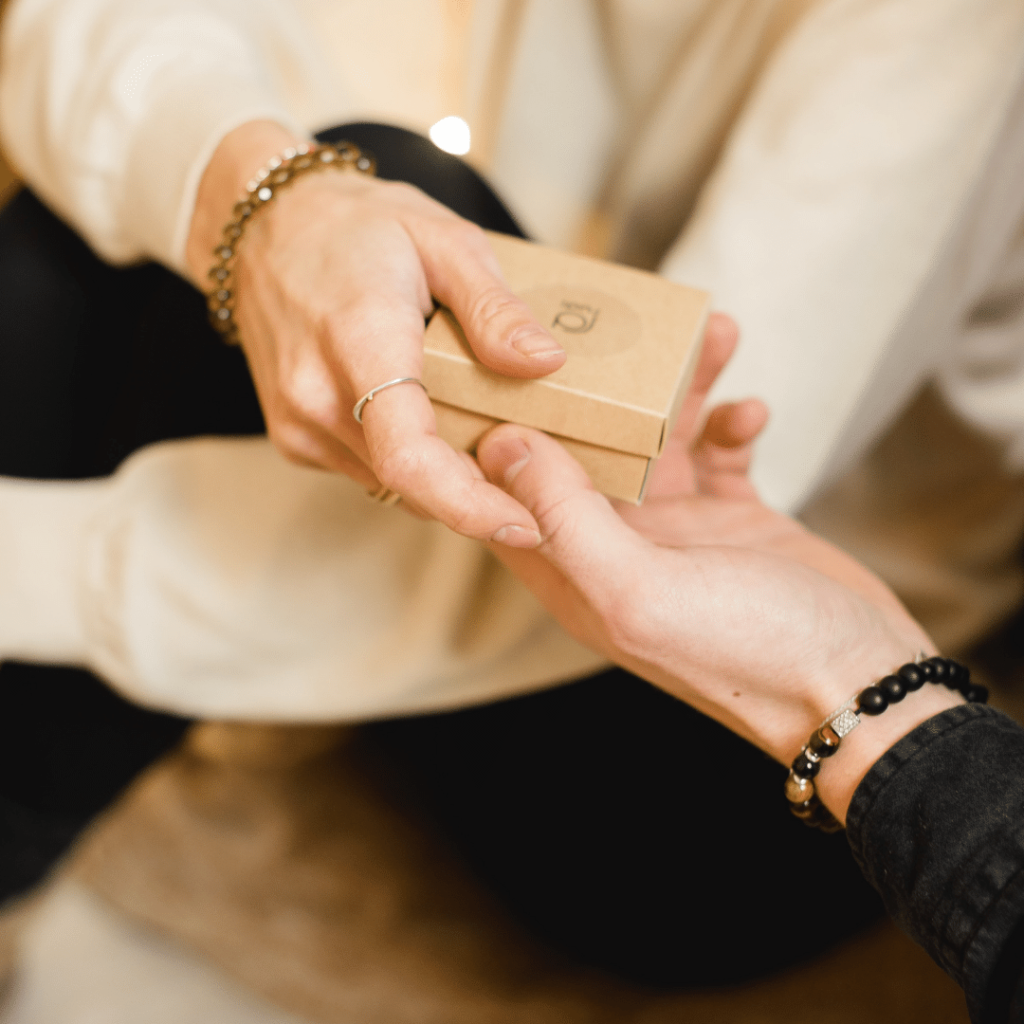
Do you like receiving gifts? Knowing that someone has thought of you? That someone has taken the trouble to wrap up the object and takes pleasure in giving it to you?
Gifts say as much about the person that gives them as the person that receives them. Often, we give what we would like to receive.
Someone who likes books tends to give them as gifts. Someone who likes giving flowers will have a bouquet hidden behind their back when they ring your doorbell. Someone who likes sweet nothings and beautifully written phrases will write you a lovely poetic note.
That someone becomes like an open book to us. They are telling you what moves them. What they have on their mind or simply what they enjoy.
Feel like pleasing someone? Simply remember what they have told you about themselves through their words, their gifts and their compliments.
Would you really like to please someone? Listen to them.
Lavender
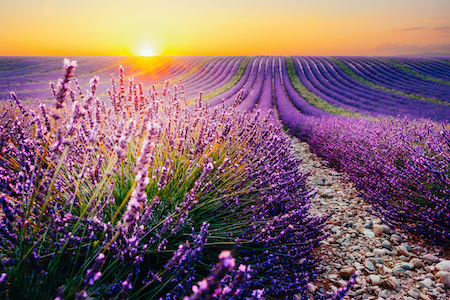
Fields of lavender stretching out before our eyes. That very specific colour somewhere between blue and violet. Rows of plants firmly anchored in the dry soil that follows the contours of the landscape. Their flowers swaying in the breeze all around. The chirping of cicadas in the background… And then there’s that smell. The instantly recognisable fragrance that tickles our nostrils and leaves an infinitesimal trace on our tongue. The sun high overhead warms the skin and makes us screw up our eyes.
Immersing ourselves into this canvas, we have used all our senses. Sight, smell, hearing, touch, taste but, most of all, we have savoured the atmosphere. Entering this landscape has produced sensations in our body. And these sensations take us on a journey and, more importantly, last beyond the present moment.
What if we called on our five senses for all the important moments in our life? They are active and ready to be used. But we are unaware of them. Every experience becomes an atmosphere – and a sensory canvas – to hang in the museum of our life.
Feel like becoming the curator of your own museum?
To do, to have & to be
“What do you do?” is an acceptable and politically correct question for all circumstances.
But once we replace “to do” and “to have” with “to be”, it’s a whole different universe. Not the same ballgame at all. We are relating to others on an entirely different level. That is, if the person we are speaking to even wants to have the conversation.
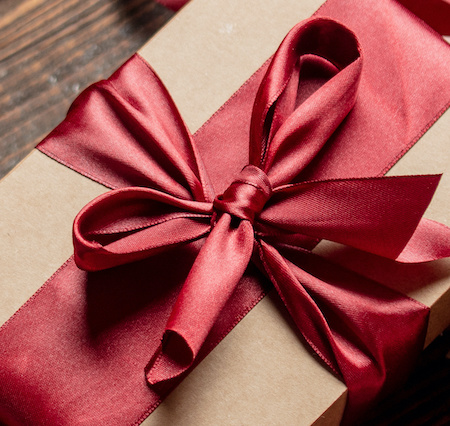
To the question “Who are you?”, most people answer: “I’m a doctor, a coach, an engineer, a hairdresser or a researcher.” All the things they DO, but not what they ARE.
And yet, we are Human Beings, not Human Havings or Human Doings.
The verb “to be” is at its most powerful when unaccompanied. Like its friend “to love”. “I love you” is sufficiently powerful on its own. It is only diminished when we add something like “a lot”.
“To be” without any justification at all has the same power because all the packaging has been removed. Only the essence remains.
What about you? Who are you?
Revealing my face
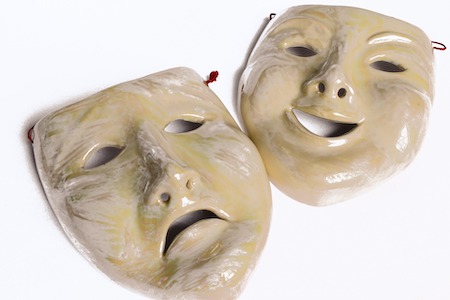
We hide behind very opaque masks. I’m not talking about anti-COVID masks but the attentive spouse, omnipresent manager, loving mother, docile daughter ones.
These masks protect us from others but they make who we really are disappear.
A facade or a refuge. And we take refuge behind our facades. But are our facades likeable?
What if 2021 was the year of transparency?
The year when our masks drop and we relate to others on a different level? A level where we are likeable and we know how to like others?
Ironing
Few people cry out: yippee, ironing!
This boring chore can eventually be improved by watching a television programme while doing it.
Sleeping on a creased sheet that’s straight out of the tumble dryer is not in the least bit appealing.
Our brain irons and tidies up every night. It smooths out, folds and stores all of our daily experiences to our internal hard drive.
We have two options to deal with a “crushed” relationship which annoys or upsets us: either we smooth things out or we put it to one side with the others that are piling up…and that we continue to keep an eye on.
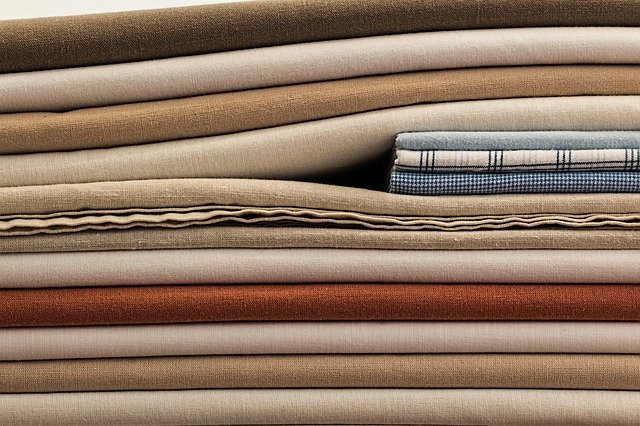
The question is: do we still nurture the childlike hope that our creased washing will disappear by magic or do we have the courage to do something about it?